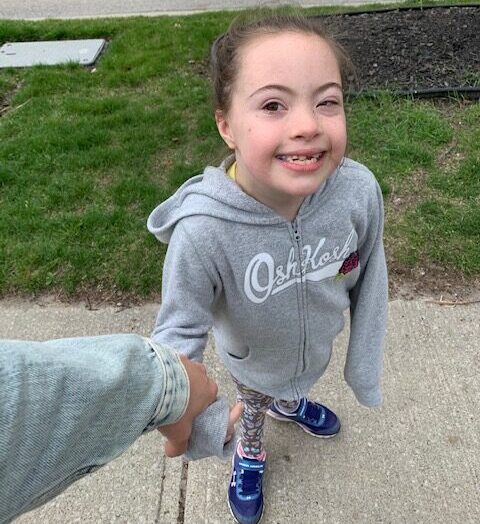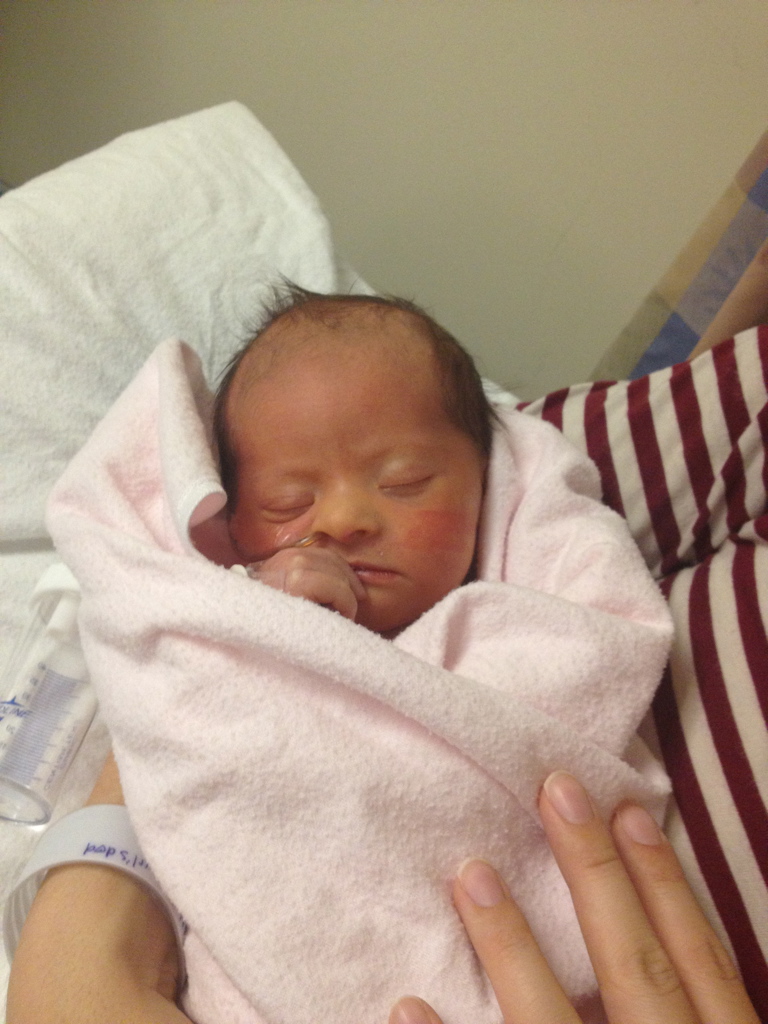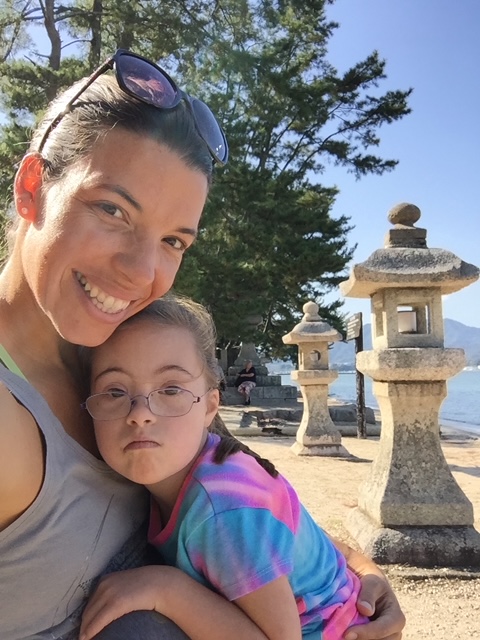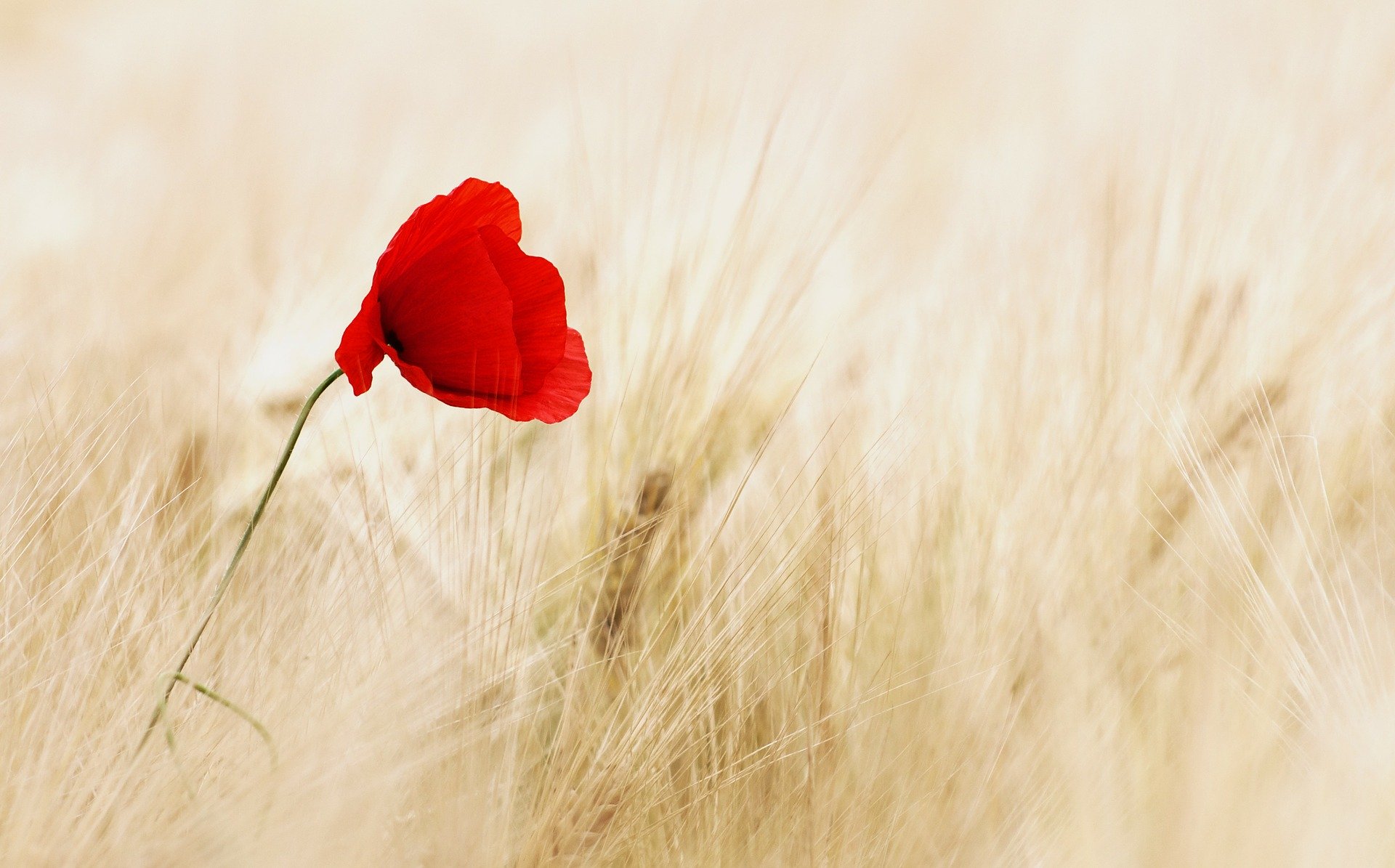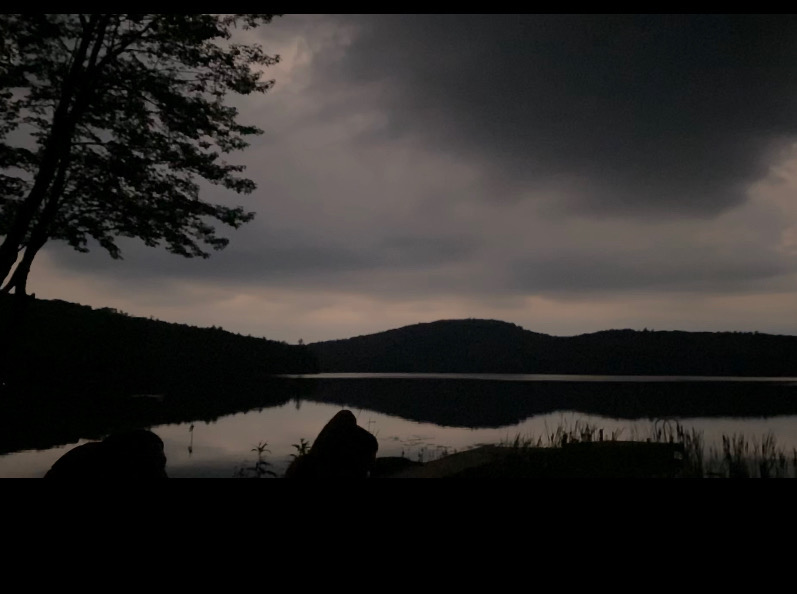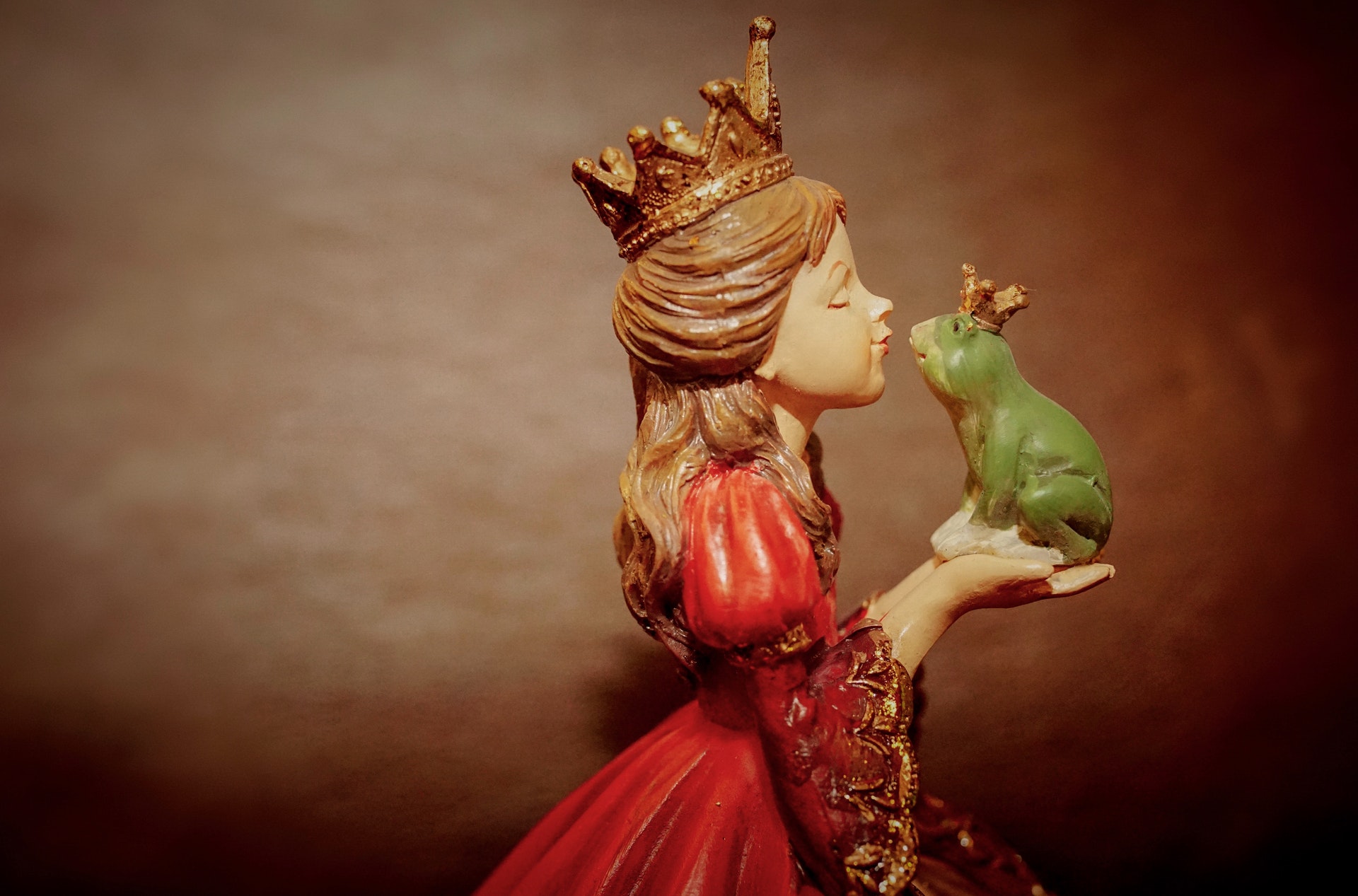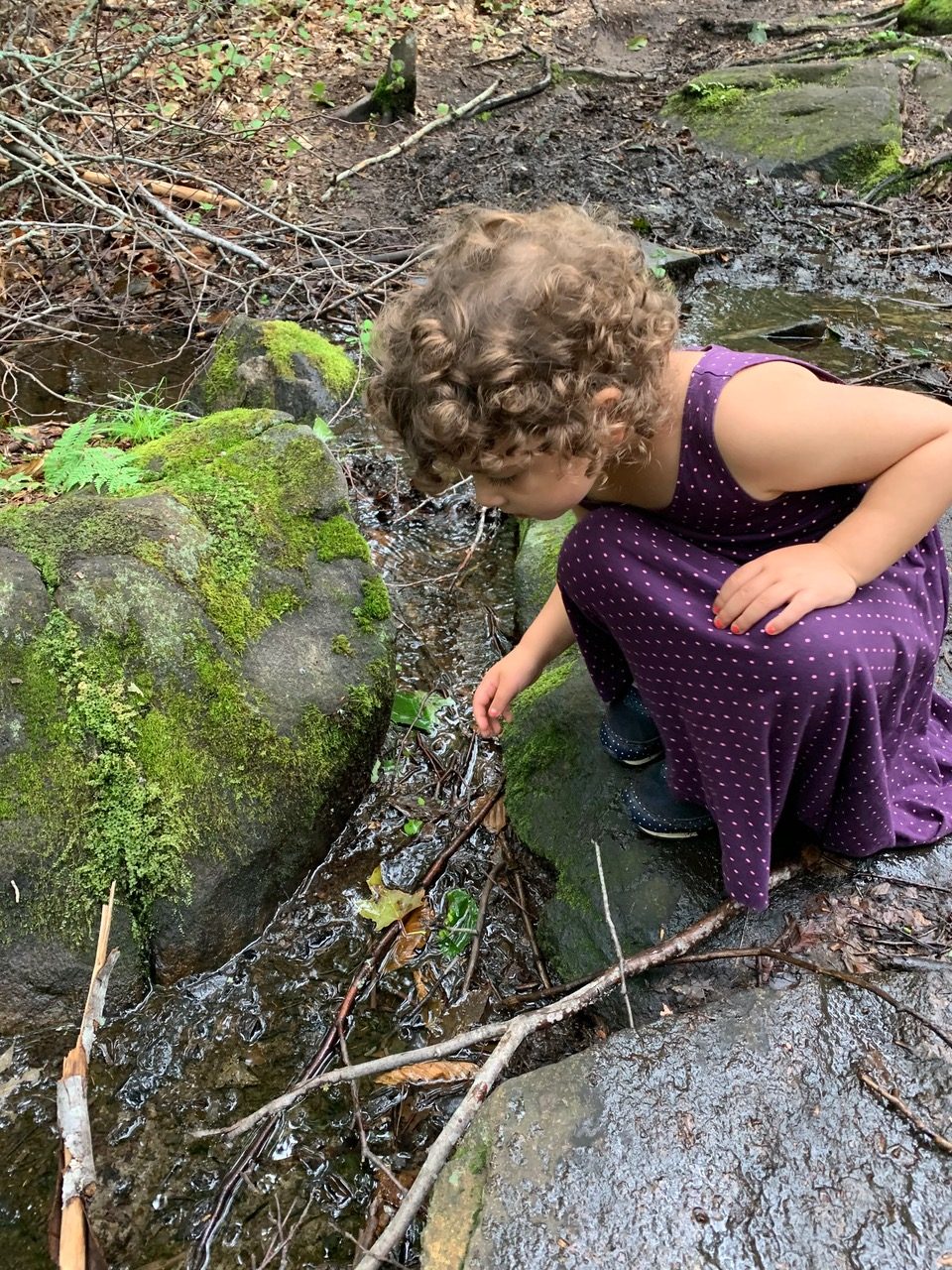An abridged version of this piece originally appeared in the Opinion section of The Toronto Star, October 27th, 2021.
The last week of October is Canadian Down Syndrome Week. To the average Canadian, that might not mean very much, and likely for most, the cause for celebration has not registered at all. But what about for the average family who has a child with Down syndrome? What does Canadian Down Syndrome week mean to families like mine?
Yesterday, our kids were supposed to wear red to school and last night there was an email from the teacher reminding them to wear purple today.
“Why are we supposed to wear purple?” My youngest daughter asked, confused. I take a brief moment in our busy morning to look up the teacher’s email and explain the significance to my girls. If nothing else, that brief moment is the reason we wear special colours, choose days and weeks to commemorate. By coming together, we are highlighting a need to recognize and raise issues that otherwise, in the hubris of the everyday, go largely unnoticed except by those who inhabit those experiences. By flagging days and weeks and months we are finding a way to hold space, to question and hopefully, better understand.
And I want space held for my daughter. I want others to know that Down syndrome is characterized by a tripling of the twenty-first chromosome in every cell of her body. That this genetic difference has always existed across race and place and throughout history and that people with Down syndrome have unique personalities. That my daughter needs support in many facets of her life. That her life holds value. That she is loved. That she is funny and smart and challenging. That she speaks two languages and if she spoke none, our love wouldn’t change. Of course I want you to know all of these things. But knowing, on its own, doesn’t really seem to change anything; to make the world a more welcoming place for every person in it. Knowing is only step one on the continuum of care.
I knew about people with Down syndrome before my daughter was born and that didn’t stop the ache in my heart when she arrived. And part of that ache was about my own ableism; holding onto learned beliefs, rampant in our society, that one type of body or cognition or way of being in the world is better and ‘right’ over other ways of being. And part of that ache was knowing what we would be up against.
And what is my daughter and our family up against? The list is long. Wait times for essential services, such as speech therapy, that trail into years, not days or months; services that are essential to her growth, development, and wellbeing. And when services are made available, they are scarce and so families are forced to pay out of pocket to supplement, and if they cannot, they go without. Daycare settings not equipped to support children with Down syndrome who often need one-on-one support. Any form of childcare, extracurricular activity or camp that would provide the same quality of life that every child deserves are simply not accessible or have limited spaces. If a child needs support, they either aren’t welcome or they can come as long as they can get by on their own, which often my daughter can’t, not really. Or she can, but her big sister ends up being her support person. My ten-year-old daughter does not deserve to be her little sister’s support person.
Most public schools across Ontario lack adequate support for children with Down syndrome. The supports are either not in place by the beginning of the year, and so students miss out on their schooling, or the resources available are limited and divided between other students who also need full-time support. The assumption is that kids with Down syndrome are provided with the services they need to be successful and the reality, in Ontario, is that they are not.
None of this is the fault of the therapists, or teachers or daycare workers. These issues are systemic.
Ableism is also a systemic issue. Why do we hold onto beliefs that some people’s lives are worth celebrating—truly celebrating—while others’ aren’t? The notion that ‘an abled body is better’ gets my daughter at every turn. The assumption is that because she has Down syndrome, she is incapable. I have to do the work of educating every new person who enters her life and it’s exhausting. Elyse first learned her letters at three years old. Thanks to a sesame street app on her Ipad, she took an interest in identifying her letters (make elmo sing!) before even her older sister did. In kindergarten, she learned her letters in French, and I gently, then more directly, encouraged the educators in her life to move beyond the alphabet. At age 7, when a speech therapist celebrated that my daughter had learned her letters that session, you may understand why I did not reciprocate her enthusiasm. She now reads simple sentences and at age nine, you can certainly understand why I would insist any letter work be removed from her education plan. It’s tiring for families to have to constantly educate others and insist that our children are capable and worthy. I am so over it.
Wearing coloured t-shirts is a good first step. Certainly, I applaud the determination of schools and educators in their advocacy and awareness efforts. Education and awareness is an incredibly important first step in celebrating the lives of Canadians with Down syndrome. I would encourage everyone to visit the Canadian Down Syndrome Society’s website; to read books written by disabled individuals such as Count Us In by Jason Kingsley and Mitchell Levitz who write about growing up with Down syndrome. I will forever champion books and t-shirts, but—it’s not enough. Not nearly enough to truly celebrate the lives of individuals with Down syndrome. It’s only the first step. Simply draping a t-shirt over these issues doesn’t fix the problems.
To truly celebrate, we need to provide the essential services these individuals and their families need to succeed. When children with Down syndrome aren’t being turned away from daycares because centres don’t have the supports; when kids aren’t being left out at school because of ableist attitudes or lack of funding; when adults with Down syndrome have opportunities for meaningful employment and independence because businesses have an obligation to do so; when families no longer have to carry the emotional and financial toll, that will be worth celebrating.


